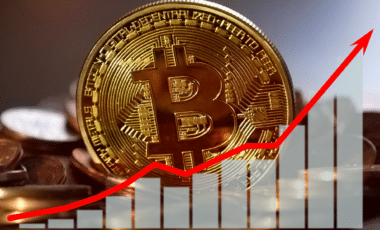In a landmark decision on January 10, 2024, the U.S. Securities and Exchange Commission granted approval to several Bitcoin Exchange-Traded Funds (ETFs), marking a significant milestone in the integration of cryptocurrencies into mainstream financial markets. This move, highly anticipated by investors and analysts alike, is expected to have far-reaching implications for the crypto landscape.
The approved Bitcoin ETFs, listed by NYSE Arca, Inc., The Nasdaq Stock Market LLC, and Cboe BZX Exchange, Inc., include those proposed by prominent financial entities such as Grayscale, Bitcoin Trust, Bitwise Bitcoin ETF, Hashdex Bitcoin ETF, iShares Bitcoin Trust, and Valkyrie Bitcoin Fund, among others. This development, detailed in the SEC release No. 34-99306, follows a period of heightened investor interest and speculation regarding the potential impact of such ETFs on the cryptocurrency market.
Bitcoin ETFs simplify investors’ access to Bitcoin without the need to directly hold the digital asset. Traded on conventional stock exchanges, these ETFs are poised to attract both institutional and retail investors, offering a regulated and potentially less volatile investment avenue into Bitcoin. The approval is expected to boost institutional demand for Bitcoin, as it aligns with the growing interest in digital assets among traditional financial institutions.
The SEC’s decision comes after a rigorous review process involving numerous applications and extensive market analysis. The anticipation around Bitcoin ETF approval had been building for months, with varying predictions about its impact on Bitcoin’s price and the broader cryptocurrency market. The approval, officially documented on the SEC’s website, was met with widespread excitement in the crypto community, as evidenced by a celebratory tweet from notable analyst Will Clemente.
From the SEC’s website
There it is, finally. pic.twitter.com/F98q6bAV90
— Will (@WClementeIII) January 10, 2024
While the long-term implications of this development are yet to be fully realized, it undoubtedly marks a pivotal moment in the ongoing evolution of digital currencies within the global economic framework.









